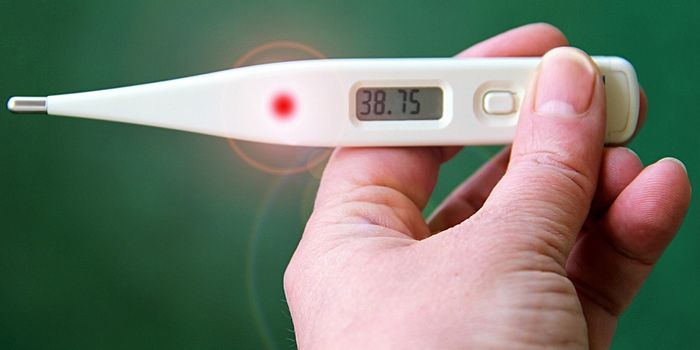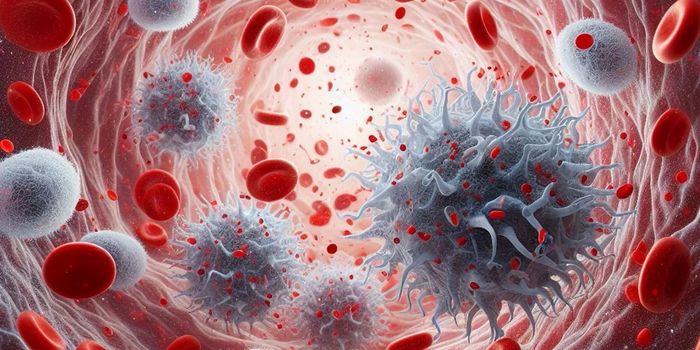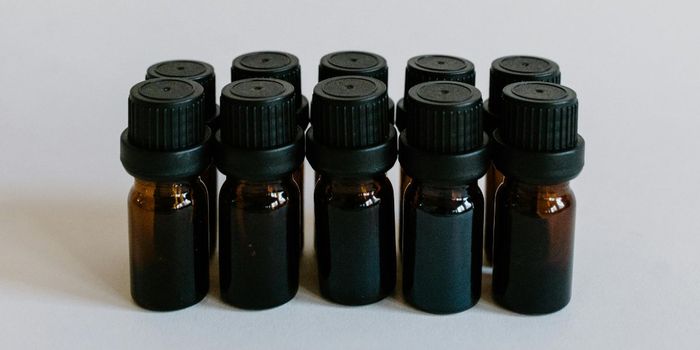A Retroactive Study Finds an Immunotherapy Effective as a Third-Line Therapy
Cancer is a particularly persistent disease. Many therapies are composed of one or more different treatments. These treatments are referred to as first-line, second-line, and so on. First-line treatments are often the best available option, with second line treatments being the next best option should the first fail to induce full remission. Ramucirumab is an example of second-line treatment in gastric and other cancers. Recently it has been increasingly used as a third-line treatment or later. There is a lack of research in its effectiveness as a third-line treatment, and a group from Japan decided to retroactively investigate.
Gastric cancer is the third leading cause of cancer-related deaths in the world. Ramucirumab was initially approved for the treatment of advanced gastric cancer, and this is where the group started. They gathered a sample of fifty-one patients with a variety of advanced gastric cancers, forty-four of which having been treated at least twice before. They began treating all patients with ramucirumab and followed the results.
Of the fifty-one patients, forty-seven patients had to halt their ramucirumab treatments due to cancer progression or other adverse events. Out of the sample, there was a 17% disease control rate and a 2% response rate. There were a few patients who showed no effect on treatment. Thirty-eight of the patients had adverse effects during the trial, however, no patients had fatal reactions.
The primary variables the group used to determine the success or failure of this study were progression-free survival (PFS) and overall survival (OS) of the patients in the trial. Previous works had ramucirumab achieve a PFS of 2.1 and 1.6, with an OS of 5.2 and 7.3. This group's findings were similar, with a PFS of 1.8 and an OS of 5.1. The group goes on to postulate that these numbers are identical to figures from second-line treatments. Any differences in the numbers are likely due to the selectivity of the patients' treatments.
Ramucirumab maintains its effectiveness as a third-line treatment with little to no difference in PFS or OS. The available options for treatment over the years have increased, with many new chemotherapies and immunotherapies available. This has led ramucirumab to be pushed to a third-line treatment. The group concludes that ramucirumab is still valid as a third-line treatment for advanced gastric cancers, concluding "Ramucirumab monotherapy demonstrates acceptable efficacy and feasibility as third- or later-line treatment for AGC. We consider physicians might choose this therapy as a salvage-line treatment option for AGC refractory to the standard therapies."
Sources: Journal of Clinical Oncology, OncLive TV









